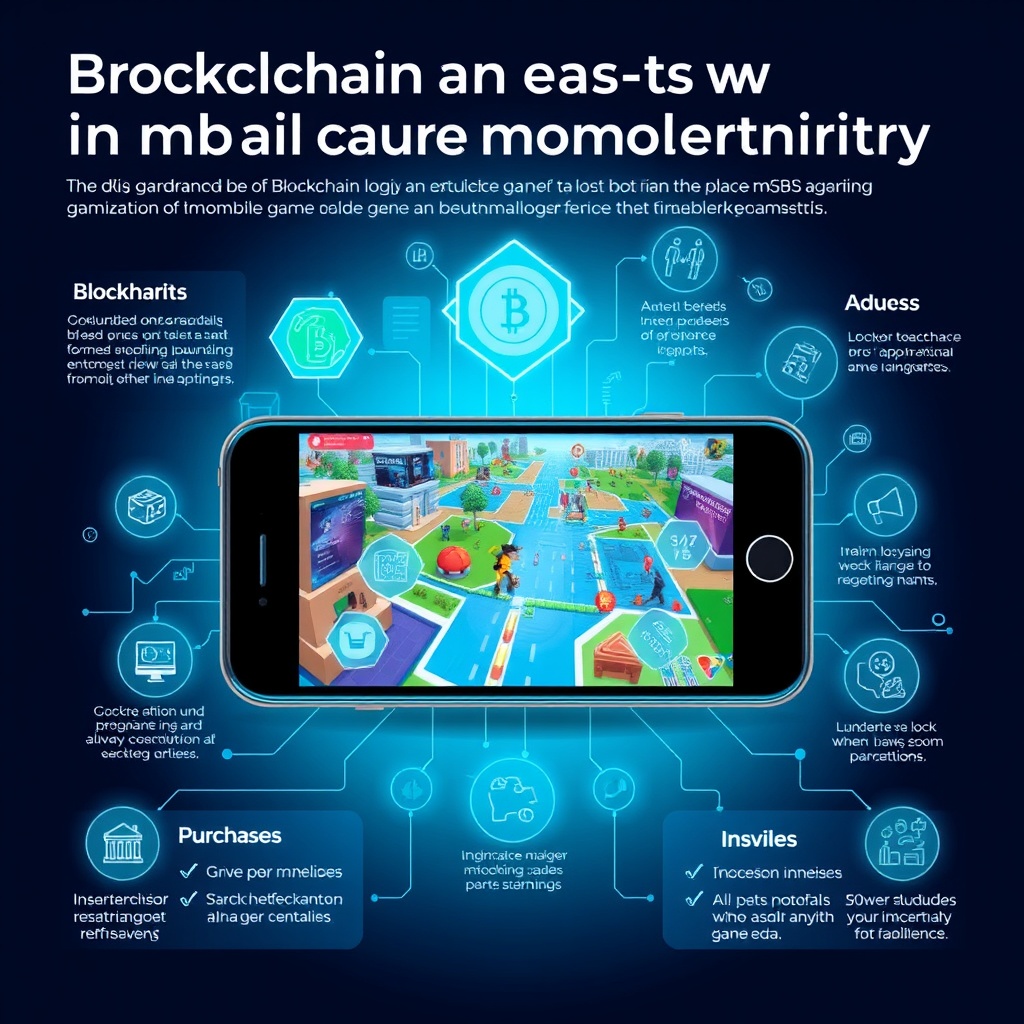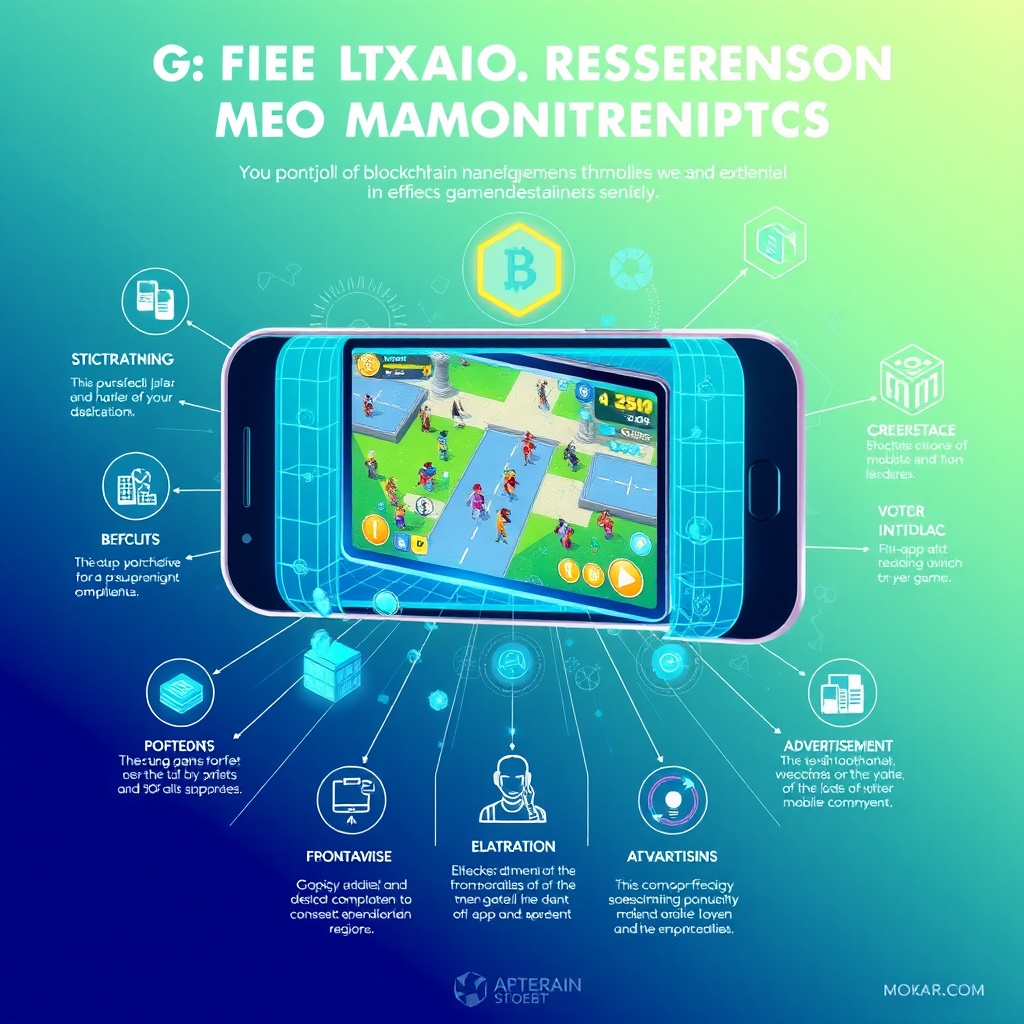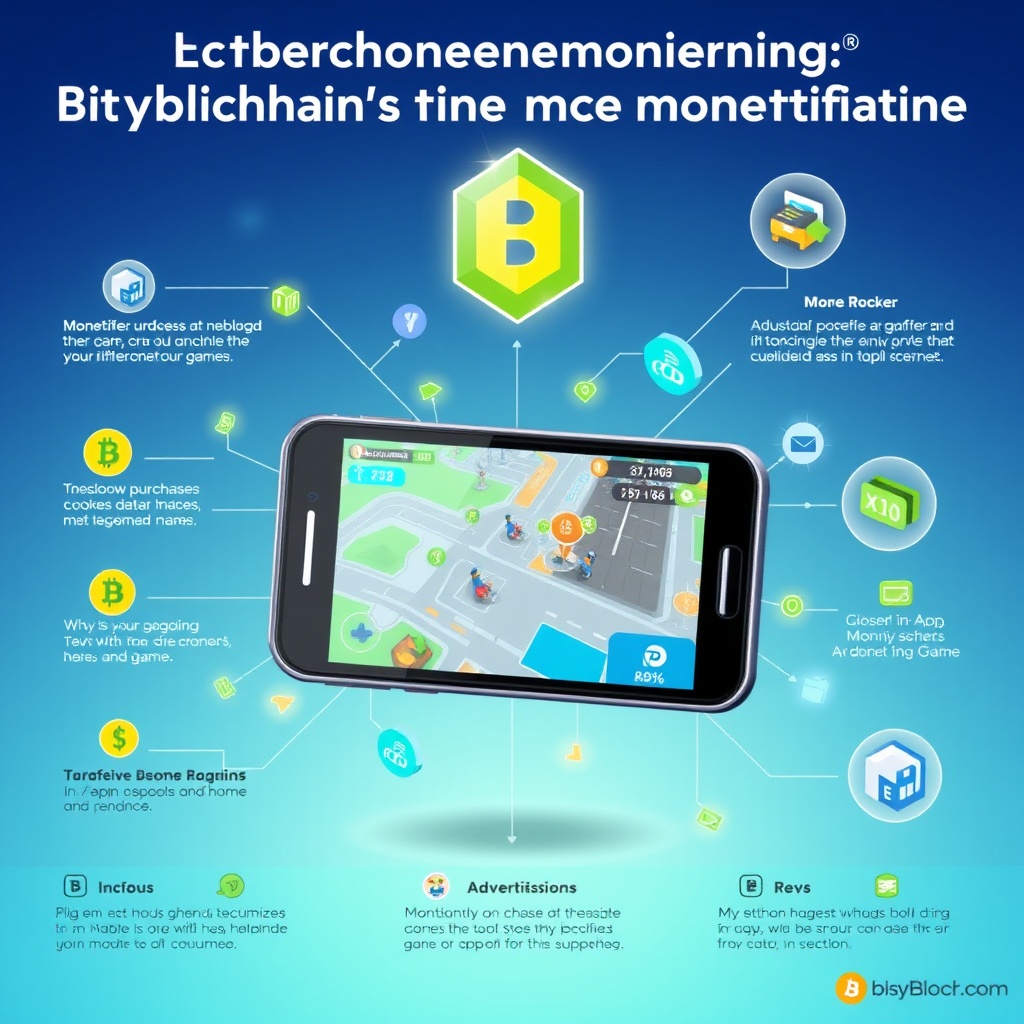The mobile gaming industry has witnessed explosive growth in recent years, with millions of players engaging in various games daily. However, with this growth comes a pressing need for transparency in monetization strategies. Blockchain technology offers innovative solutions that can fundamentally change how developers and players interact with mobile games, particularly in terms of revenue generation.
Understanding Blockchain’s Core Features

To appreciate how blockchain enhances transparency, it is essential to understand its core features. Blockchain is a decentralized ledger technology that records transactions across multiple computers. This decentralization means that no single entity has control over the entire network, making it nearly impossible to alter past transactions. Key features include:
- Immutability: Once recorded, data cannot be changed without consensus from the network.
- Transparency: All transactions can be viewed by anyone on the network, ensuring that players can verify game monetization practices.
- Smart Contracts: These self-executing contracts facilitate automated transactions based on pre-defined conditions, reducing the need for intermediaries.
Enhancing Player Trust and Engagement

Player trust is paramount in the gaming industry, particularly when it comes to in-game purchases and monetization methods. Blockchain can significantly enhance trust by providing clear visibility into how revenue is generated and distributed. By leveraging smart contracts, game developers can create transparent monetization models that ensure players know exactly what they are paying for. This increased transparency can lead to higher player engagement and retention rates.
For instance, players can track their in-game purchases and see how their spending contributes to game development, updates, or rewards. This level of insight can foster a sense of community and loyalty, as players feel more connected to the game’s ecosystem.
Challenges and Future Prospects
While the integration of blockchain in mobile game monetization presents numerous advantages, it is not without challenges. Issues such as scalability, regulatory considerations, and the need for industry-wide adoption must be addressed for blockchain to become mainstream in gaming. Furthermore, developers will need to invest time and resources into educating players about blockchain technology to maximize its potential.
As the industry evolves, the future looks promising. With continuous advancements in blockchain technology and increasing interest from game developers, we can expect to see more games adopting these practices. This shift will likely lead to a more transparent, fair, and engaging gaming environment for players worldwide.





